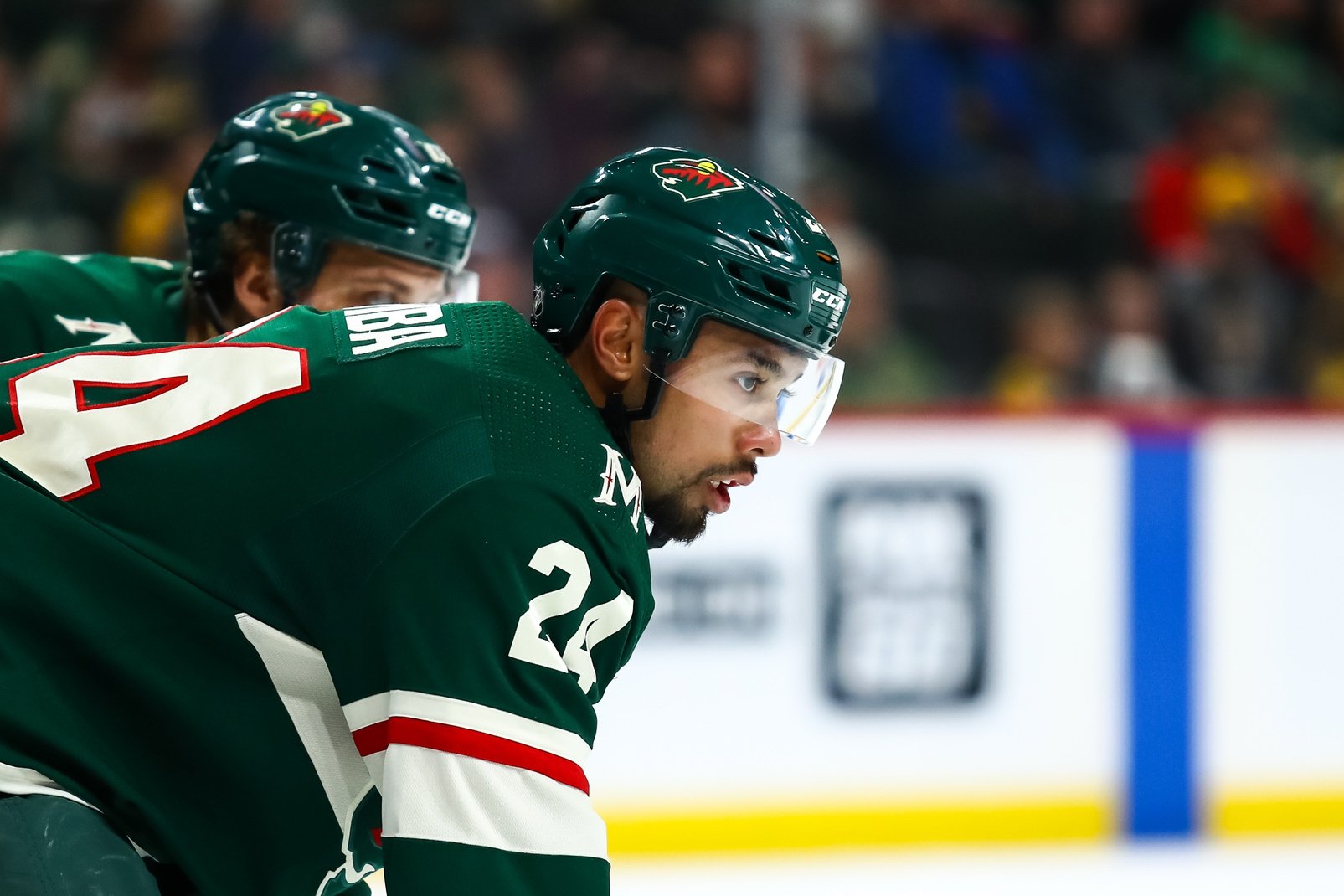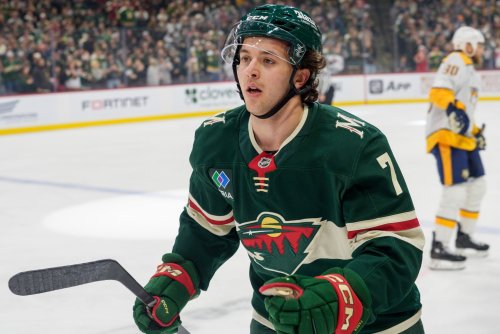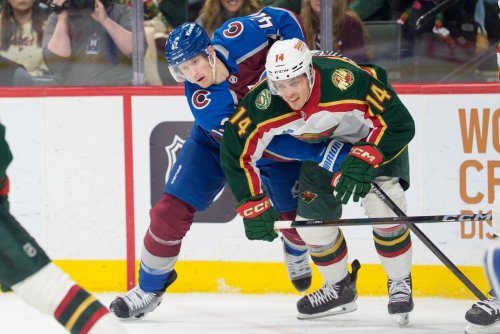
Outside of the Monday Night Football theme music, there might not be more recognizable theme music for a single sport than ESPN’s National Hockey Night. Gary Thorne’s iconic voice calling the games with his long-time partner Bill Clement offering up the in-game analysis usually followed. The national hockey viewing audience was treated to cutting-edge graphics, the best play-by-play, and all of the camera angles. In a way, ESPN’s production set a high bar for any new broadcast partner to attempt to clear.
The NHL announced this week that it has signed a seven-year multi-platform deal with the “Mother Ship.” According to reports, ESPN will pay $2.8 billion over the life of the deal, or roughly $400 million per season. NBC Universal paid an average of $200 million per season on their rights deal. This new deal means more exposure through conventional pay-TV options and a better streaming platform.
Hopefully that places pressure on the owners of the regional sports networks to up their game. Take Sinclair Broadcast Group, the parent company of Fox Sports North in the Twin Cities and 22 other regional Fox Sports networks nationwide. Sinclair has abandoned fans when they probably need the distraction of sports the most by engaging in retransmission agreement battles with streaming providers like YouTube TV, Sling TV, and Hulu.
The pandemic took livelihoods, jobs, and many entertainment options off the table. Switching to cable or satellite just wasn’t in the cards. Instead of meeting people where they already were, Sinclair decided the traditional pay-TV models made them the most money.
With ESPN back in the fold for hockey fans, along with ESPN+, which comes included with a Disney+ subscription, fans have hockey without having to wait for another company to budge. Another positive is that ESPN+ is outright replacing the often-buggy NHL.tv. Fans are getting a much more stable streaming platform, with easier access.
With Fox Sports, which Sinclair Broadcast Group operates, it’s not so easy.
The ESPN deal comes after the NHL’s current national TV rightsholder announced that it was dissolving their network that was designed to host sports programming. By the summer, NBC Universal announced it was moving its NHL programming to USA Network — a longtime cable staple, much in the way TNT has been. The NBA found success on TNT, but outside of the games themselves, the keystone of the TNT coverage hinges on its hosts' personalities.
TNT has allowed the big personalities and opinions of the magnanimous former players Shaquille O’Neal, Charles Barkley, Ernie Johnson, and Kenny Smith. Fans of the NBA tune in before and after the games to hear the next time Barkley throws shade at Giannis Antetokounmpo or Shaq shows off his championship rings to the rest of the panel. NBC hasn’t been able to match that energy in its pre- or post-game shows.
Instead, viewers were stuck with Mike Milbury, Keith Jones, or Jeremy Roenick, a lineup that can’t stack up to the clout of TNT’s lineup.
ESPN might not be able to bring back guys like Thorne or Clement for this iteration of the NHL on the network. And even though they still feature Barry Melrose and his mullet, ESPN has some strong talent to put forth to their new NHL coverage immediately. Linda Cohn, John Buccigross, Steve Levy, Emily Kaplan, and Greg Wyshynski can spearhead the effort. However, one thing that ESPN has the ability to do, to an even greater degree than NBC, is bring in more talent based on the weight of their brand alone.
NBC stepped up to the plate when no one else wanted the NHL. They gave hockey a national home even if it was harder to find. The lost lockout season of 2004-05 left a nasty pockmark on the league. ESPN pulled the plug on its new deal, signed in 2004 when the NHL canceled the entire season. And while fans returned to hockey once the lockout ended, missing that exposure on the premier sports television network in the United States has undoubtedly caused unquantifiable damage to the league’s growth.
So while we'll hear ESPN’s National Hockey Night theme music once again, it’s going to be different this time around, especially coming through your laptop speakers. Almost an entire generation of NHL fans have never heard it before, and they’ll never know the all-star tandem of Thorne and Clement on the call. Hockey is once again part of the Big Four sports in North America, mostly because it's easily found again, and that kind of validation is all that hockey fans wanted.
Think you could write a story like this? Hockey Wilderness wants you to develop your voice, find an audience, and we'll pay you to do it. Just fill out this form.








Recommended Comments
There are no comments to display.
Join the conversation
You can post now and register later. If you have an account, sign in now to post with your account.
Note: Your post will require moderator approval before it will be visible.